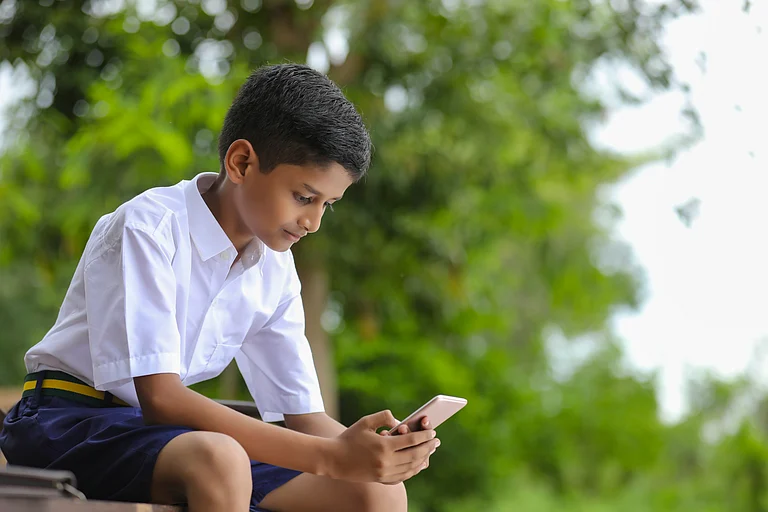As of this month, a series of new laws in Texas have officially taken effect, with one of the most talked about being House Bill 18. Known as the 'Securing Children Online Through Parental Empowerment Act' or SCOPE, this law aims to limit children's access to social media, sparking conversations and concerns across the state.
"It’s not just one party or the other pushing this bill. This is something that everyone agrees needs to be handled exactly the right way," said Brandon Rottinghaus, a Political Science professor at the University of Houston.
House Bill 18 requires that children must have a parent or guardian's consent before they can create a new social media account. Additionally, social media companies are now required to give parents the ability to supervise their child's online activities.
However, the logistics of how this law will be enforced are still uncertain. "The social media sites themselves, according to law, are the ones that have to police this," Rottinghaus explained. "That might mean they have to have a third party do it. It might mean they have to change internally how they allow people to onboard those different websites."
Another part of the law, which aims to limit what minors can see on social media, is currently on hold after being blocked by a federal judge.
While the law’s intentions are clear, some social media experts worry about its practical implications. Ernesto Verdugo, a social media expert, expressed concerns about the law's impact on both children and adults. "It’s not going to be only affecting the kids, but it's going to be also affecting the adults," he said.
Verdugo supports the goal of protecting kids online but believes the law might not be the most effective solution. "The moment that the kid is not in front of you, one way or the other, they're going to figure out how to access [social media]," Verdugo noted. "In my eyes, the best thing to do is to have a clear and open conversation with kids so that they will know."
The Boys and Girls Club of Houston recently conducted a youth survey, revealing that 50 percent of the teens they spoke with felt angry, overwhelmed, or anxious, with some of these feelings tied to social media. The organization has a program that provides mental health experts for kids to talk to and emphasized that this new law does not change their commitment to supporting the mental health of teens and kids.


























